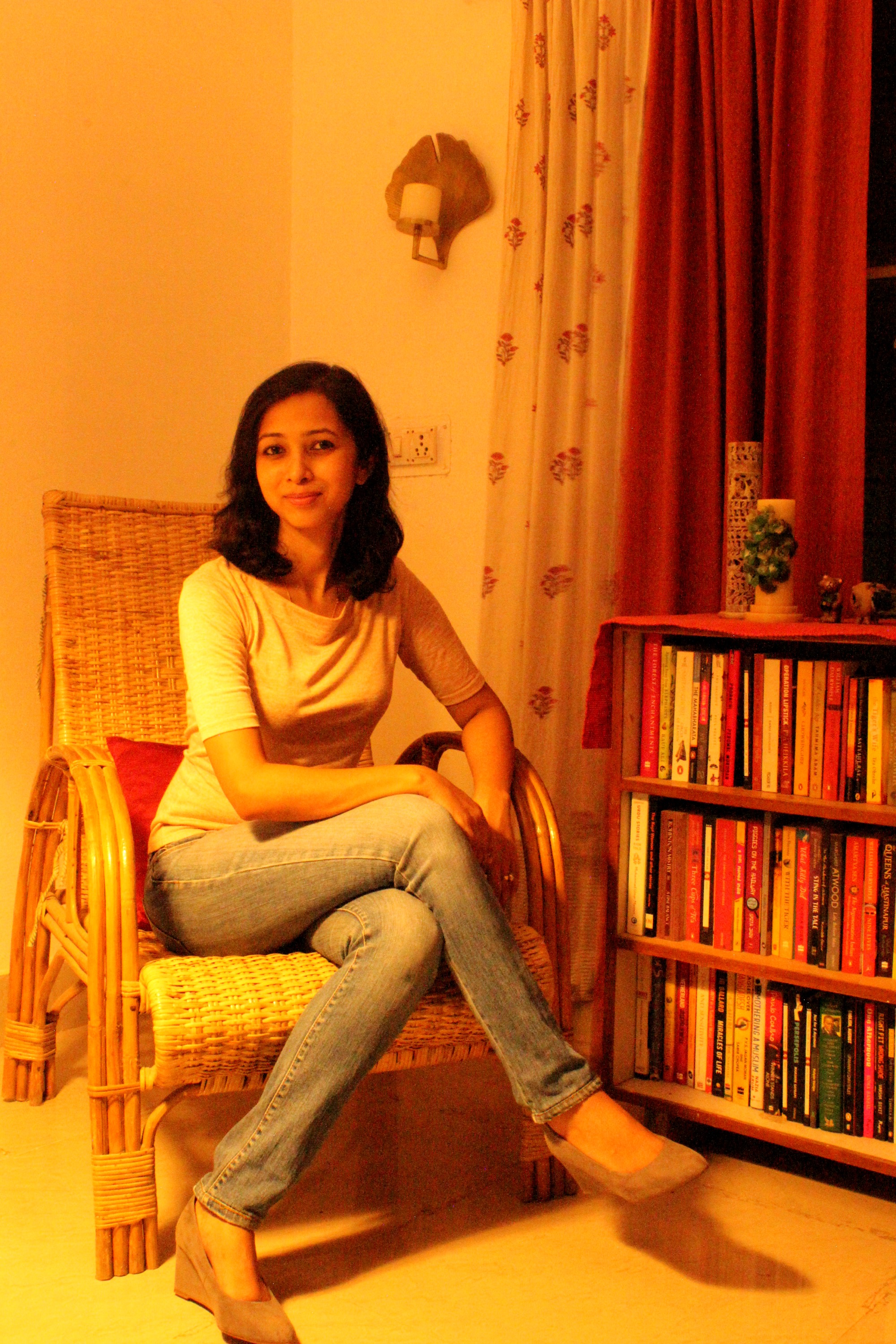Now coaches can help you develop a positive parenting style
- Azera Rahman

- Jan 23, 2024
- 3 min read
For Mint Lounge
Published on 22 November 2023
With growing awareness about child development, parents are seeking help to raise their child right. And the emergence of parenting coaches and courses is a testimony to that.

Image: Unsplash (Sandeep Kashyap)
One of the most common comments offered to a new parent is that raising children will come to them naturally. But is parenting as instinctive as we believe it to be? With growing awareness on how parenting styles can affect a child’s development, even impacting their adulthood, parents of today are actively seeking help to raise their child right. And the emergence of parenting coaches, parenting classes and courses is a testimony to that.
I remember signing up on a parenting website soon after I learnt of my pregnancy. Until my child was born, and had celebrated her second or third birthday, I’d eagerly wait for the monthly updates to land in my email. From fetal growth during every stage of the pregnancy to common challenges of teething, toddlerhood, tantrums and the glorious milestones, I learnt the ‘why’ behind my child’s behaviour.
Parenting coaches of today go one step ahead. They don’t just decipher a child’s behaviour but the parent’s as well. “Parenting classes don’t just help couples understand the child better but also themselves, and perhaps address some unresolved issue which impacts their behaviour,” says parenting coach and psychotherapist, Madhu Hisaria.
Drawing from her own experience, Hisaria adds that “90 per cent” of her cases related to mental health have to do with parenting mistakes. Not everyone comes from a troubled household but the pressure to perform, and the high expectations, sometimes dent a child’s self-esteem. This impact can be felt years later.
There is also a growing realisation that just because something has always been done a particular way is not necessarily the correct way. “For instance, while growing up, our father was very strict—like in a typical Indian family. My brother and I would be petrified to come home if we had scored less in our exam. And if I’d confide in my mom about something, she’d inevitably tell him anyway,” says Shankar Roy, a 40-year-old architect based out of Bengaluru. “So I think a lot of stress that I go through, or the trust issues, come from my childhood.” His son is now three, and Roy is “extremely conscious” of how he wants to raise his child. “I want to bond with my child and form a relationship which I did not have with my own dad,” he adds.
Pallavi Rao Chaturvedi, a parenting coach, creates awareness about everyday mindfulness. For instance, rewarding is different from bribing a child. “A reward is earned for good behaviour and a bribe is given to stop a bad behaviour; a reward can be a surprise while a bribe is announced; reward makes a child feel good while a bribe makes a child feel powerful. So rewarding is a good parenting tool, not bribing,” she said.
This line of thought inspired IIT-Mumbai graduate and parenting researcher, Harpreet Singh Grover, to a parenting course. “In January, this year, when I started my Instagram handle, The Curious Parent, to answer every day queries of parents, I had 500 followers. Now I have more than 5 lakh followers with an average 200-250 queries every day. This shows how eager parents and other caregivers are to understand their child,” he said.
The ‘pay what you want’ course includes a 45-minute master class followed by a pre-recorded session of research-based responses to 11 commonly asked questions. After this, one can fill a form with any personal query, which is taken up during a live question-and-answer session.
“Honestly, I don’t think any parent require a parenting course if they are in touch with themselves, are calm, and follow their instinct. But today we are so busy that our minds are always preoccupied. So instead of responding to a situation, we react to it,” says Grover. So even though every child is unique and a ‘one course fits everyone’ kind of training seems questionable, he feels that the basic requirement to raise a kind and confident child—especially in the 0-8 age group—remains the same.
Most coaches, with social media presence, are also parents to young children and often share their own experiences to drive home their point. This relatability factor, feels Manyata, mother to a six-year-old girl, is what makes their message effective. “Times are changing. Our grandmothers and mothers shared their experiences and learnt; we have books, websites, apps and now classes, courses and parenting coaches. That parents are keen to learn healthy parenting style is therefore a positive trend,” she says.




Comments